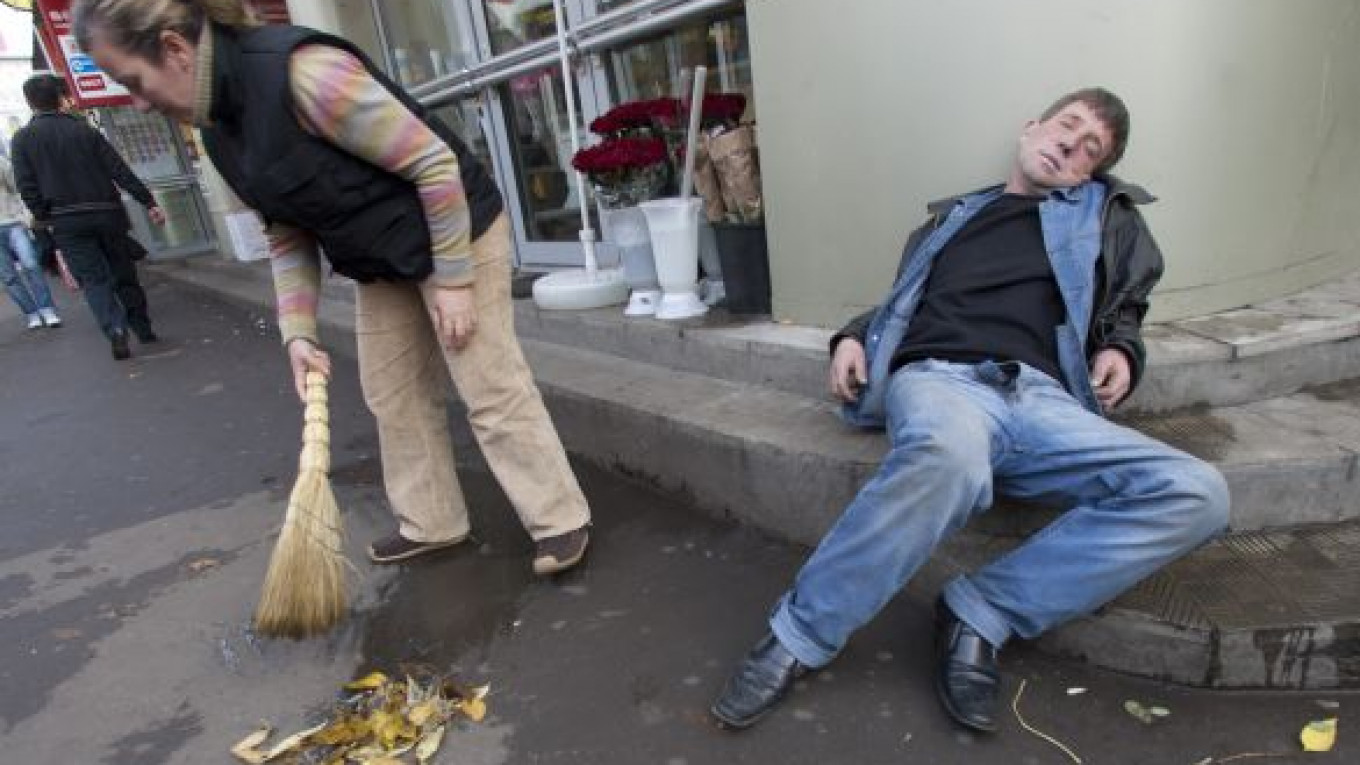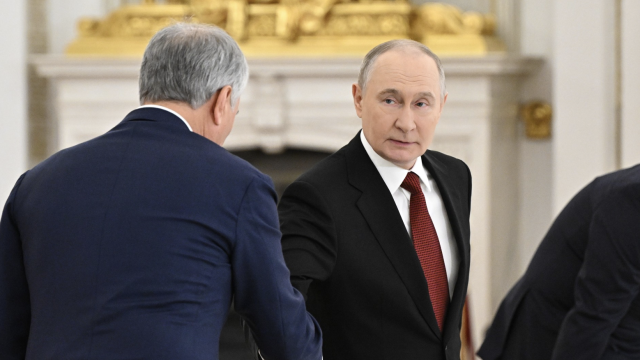Police often turn a blind eye to public intoxication. But under the new , they have been instructed to start paying greater attention.
The rules, published in Rossiiskaya Gazeta on Wednesday, require police to ensure the safety and health of people intoxicated in public, including driving them to the hospital if necessary.
The rules clarify current regulations, under which police are required to apprehend intoxicated people — defined in the new rules as having lost the ability to orient oneself or walk — and either take them into custody or call an ambulance.
They also appear to fix a hole in the country’s social safety net created when Russia’s last drunk tanks were closed in October as part of wide-ranging police reform.
Depending on a person’s state of intoxication and evidence of lawbreaking, police will now be required to administer first aid, call an ambulance and guard the person against robbers and aggressors until medics arrive.
Police will even be required to protect medics from drunk patients and drive intoxicated people to a hospital if medics are not available.
“Officers no longer have the right to ‘not notice’ intoxicated citizens,” reads an accompanying text in the state newspaper.
Experts praised the measure in vague terms as a logical division of labor between police and medics.
But they said it isn’t clear how cops, who often ignore drunks, even in the freezing cold, would be compelled to change their ways.
“The cops often rob intoxicated people,” said Sergei Matevosyan, director of the Novaya Zhizn center in St. Petersburg, which treats alcohol and drug addiction.
Matevosyan said he favors a system of forced treatment for addicts.
“They’re a danger to society,” he said.
He speculated that the measure was a step on the way to re-establishing a Soviet system that treated addicts before they committed crimes.
Sergei Polyatykin of the NAN Fund, which fights substance abuse, said the new rule correctly separates police and medical work.
“Police should deal with people who break the law,” he said.
But even though cops are obliged to help, they “don’t notice” drunks, Polyatykin said.
An estimated 30,000 to 40,000 Russians die of alcohol poisoning every year, he said, and the Public Chamber has estimated that 500,000 die annually from causes aggravated by alcohol.
A Message from The Moscow Times:
Dear readers,
We are facing unprecedented challenges. Russia's Prosecutor General's Office has designated The Moscow Times as an "undesirable" organization, criminalizing our work and putting our staff at risk of prosecution. This follows our earlier unjust labeling as a "foreign agent."
These actions are direct attempts to silence independent journalism in Russia. The authorities claim our work "discredits the decisions of the Russian leadership." We see things differently: we strive to provide accurate, unbiased reporting on Russia.
We, the journalists of The Moscow Times, refuse to be silenced. But to continue our work, we need your help.
Your support, no matter how small, makes a world of difference. If you can, please support us monthly starting from just $2. It's quick to set up, and every contribution makes a significant impact.
By supporting The Moscow Times, you're defending open, independent journalism in the face of repression. Thank you for standing with us.
Remind me later.






